DUAL DIAGNOSIS TREATMENT CENTER
IN MILWAUKEE, WI
Specialized Therapy for Co-Occurring Disorders
Milwaukee Dual Diagnosis Rehab
Suffering from addiction and a mental health disorder at the same time can add a level of complexity to rehab and make achieving sobriety even more difficult: when you’re fighting a battle on two fronts, recovery can seem even more challenging than it already is.
At Roots Recovery, we identify, treat, and manage your dual diagnosed conditions, providing you with the tools you need to address your substance use disorder and mental health conditions simultaneously. During dual diagnosis rehabilitation, we empower our clients to understand the issues that have controlled their lives so far, and help them create lasting change through a variety of therapeutic methods.
What is a Dual Diagnosis?
A dual diagnosis, also called a co-occurring disorder, is when a person suffers from both a substance use disorder and a mental health disorder at the same time. This combination occurs fairly often: data from the National Survey on Drug Use and Health suggests that there are between 9 and 10 million new dual diagnosis cases every year.
As common as dual diagnoses can be, they’re often difficult to diagnose and define, because the symptoms of substance use disorders and other mental health conditions will often feed into each other, causing both to get worse. At Roots Recovery, our staff is experienced in properly assessing, diagnosing, and treating dual diagnoses. These disorders often require special, integrative treatments that address both halves of a dual diagnosis at the same time.

Common Dual Diagnosis Disorders
- Depression
- Anxiety
- Trauma or PTSD
- ADHD or ADD
- Bipolar disorder
- Eating disorders
- Obsessive compulsive disorder (OCD)
A dual diagnosis can affect anyone, and often, it’s unclear which condition affected a client before the other. Undiagnosed mental disorders can cause substance use to get out of control. The changes in brain chemistry that accompany addiction can cause an onset of a range of mental health conditions. While dual diagnosis is still something the treatment community continues to learn more about, you’ll get access to the industry’s best practices for treatment at Roots Recovery.

Dual Diagnosis Symptoms
Symptoms that often occur with dual diagnosis conditions include:
- Inability to hold employment
- Trouble maintaining healthy relationships
- Legal or financial problems
- Extreme mood swings
- Inability to control emotions
- Panic attacks
- Neglecting basic health and hygiene
- Avoiding activities and events that were once enjoyed
While these symptoms are common, the specific symptoms someone experiences with a dual diagnosis can differ depending on the status of their mental health and the addictive substance(s) in question.
Schedule a Confidential Consultation
Talk to Someone Who Understands What You’re Going Through
Our Approach to
Co-Occurring Disorder Treatment in Milwaukee
Dual Diagnoses are complicated, but our team is highly experienced at recognizing and identifying them. We often treat clients who were incorrectly diagnosed by other rehab facilities or caregivers. In some cases, you need to be sober for a period of time before an accurate dual diagnosis can be made, which can make it more difficult for those struggling with addiction to get the help they need.
At Roots Recovery, our clinicians take special care to evaluate your relationship with addiction at the beginning of your treatment and diagnose you correctly so that they can provide you with the best treatment possible. Many of our clients are relieved when they learn about their dual diagnosis because they begin to understand their addiction and internal struggles as medical conditions, and can begin to heal.
We believe that both your mental health disorder and your addiction need to be treated simultaneously. We’re dynamic in our approach to treatment and will help you heal in a judgement-free environment. Our team will design a recovery plan using a broad spectrum of therapies, and sometimes, targeted medications, that will help you address the source of your dual diagnosis. We’ll ensure that you have the tools and support you need to live a healthier, sober life in recovery.
